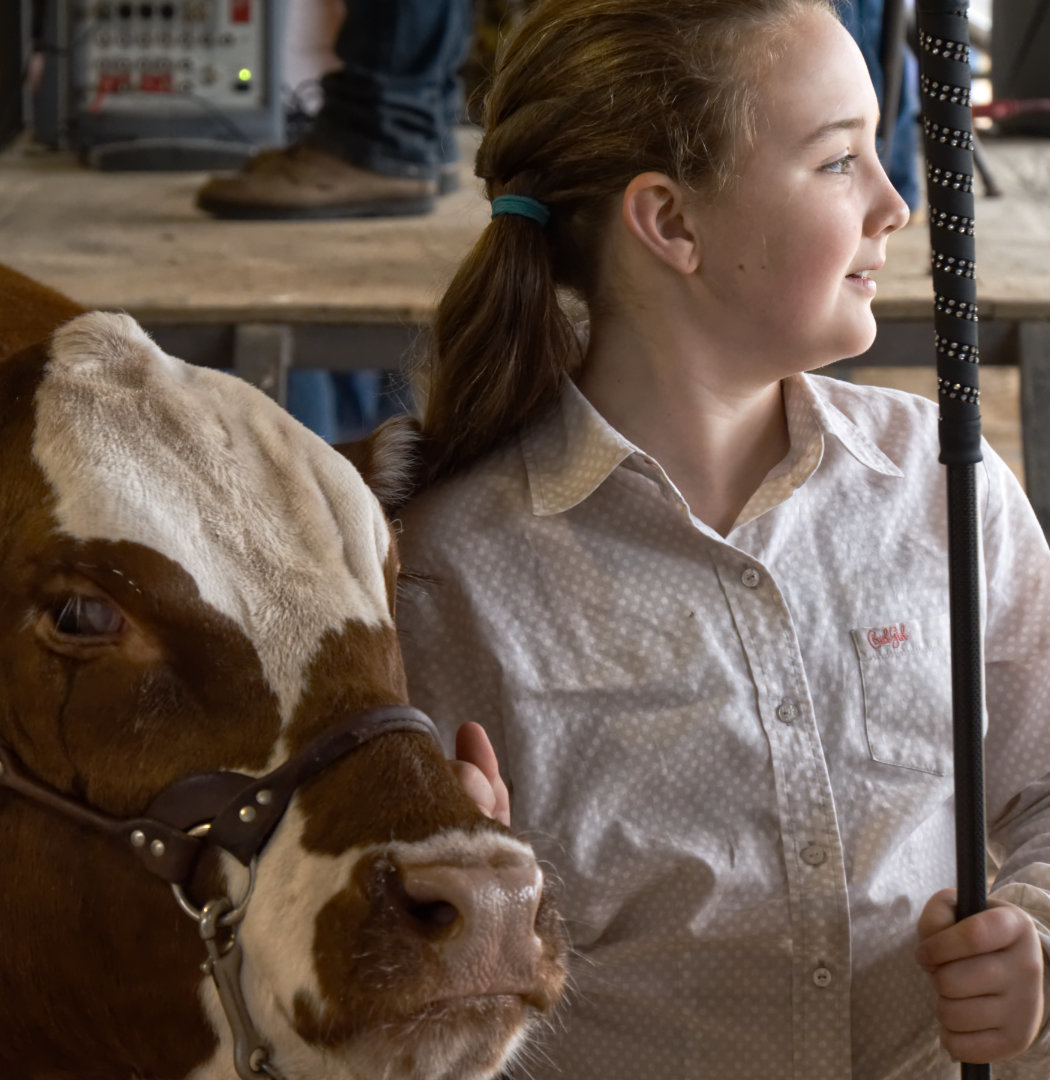Quitman ISD agriculture program helps prepare students for job market and life
With about 150 high school and junior high students in the program, agriculture science at Quitman ISD continues to grow by providing students with real-world leadership qualities and professional skills.
Agriculture science teacher Brant Lee said the QISD agriculture department’s biggest push is developing professional leadership skills in students.
This item is available in full to subscribers.
Attention subscribers
To continue reading, you will need to either log in to your subscriber account, or purchase a new subscription.
If you are a current print subscriber, you can set up a free website account and connect your subscription to it by clicking here.
If you are a digital subscriber with an active, online-only subscription then you already have an account here. Just reset your password if you've not yet logged in to your account on this new site.
Otherwise, click here to view your options for subscribing.
Please log in to continue |
Quitman ISD agriculture program helps prepare students for job market and life
With about 150 high school and junior high students in the program, agriculture science at Quitman ISD continues to grow by providing students with real-world leadership qualities and professional skills.
Agriculture science teacher Brant Lee said the QISD agriculture department’s biggest push is developing professional leadership skills in students.
“The reason for our growth is, I think, we’ve changed the perception of what many people think FFA (Future Farmers of America) is,” Lee said. “We’re not just training the agriculture future farmers. We’re training America’s future leaders.”
Alongside classroom curriculum, agriculture students participate in a variety of contests and activities, such as livestock shows, and leadership and career development events. The goal is for them to become well-rounded individuals.
Those involved in the agriculture program learn how to be interviewed, have conversations, and become respectful young adults, added Corey Hammond, a QISD agriculture science teacher.
“We hope they (students) are learning the leadership skills they need to be assets in society,” Hammond said.
A third teacher, Paulette Aguilar, was hired for next school year to assist with the agriculture curriculum. Aguilar will teach plant science, agribusiness and leadership subjects. Lee teaches ag mechanics and Hammond teaches animal science.
As a part of Quitman’s ag program, multiple students receive agriculture-related certifications to apply toward their resumes and future career paths. This year, about 60 certifications have been completed.
Several students have earned the Bayer Crop Plant Science Certification, Express Employment Professionals Career Preparedness Certification and National Collegiate Livestock Coaches’ Association (NCLCA) Principles of Livestock Selection and Evaluation Certification.
The plant science certification trains the students in industry standards related to plant anatomy, crop production, fertilizers, pesticides and herbicides, and plant processes.
Express Employment educates students on important job skills, such as resume writing, filling out job applications and comporting themselves as professionals.
With the principles of livestock selection and evaluation, students learn about livestock anatomy and important evaluation and selection lessons for an animal science career.
Others earned the hunter’s education certification and boater’s education certifications through the Texas Parks and Wildlife Department.
Some earned three certifications through the National Center for Construction Education and Research (NCCER), including NCCER Core Curriculum, Welding I and the American Welding Society’s (AWS) Schools Excelling through National Skills Education (SENSE).
Through these NCCER certifications, they become familiar with construction curriculum and learn the skills necessary to becoming a welder.
Aguilar, Hammond and Lee said the students often attend technical schools or four-year colleges. Some pursue welding professionally through the certifications they’ve received and several go into the teaching field.
Students build their resumes and figure out how to apply the information toward their career after college, Lee added.






